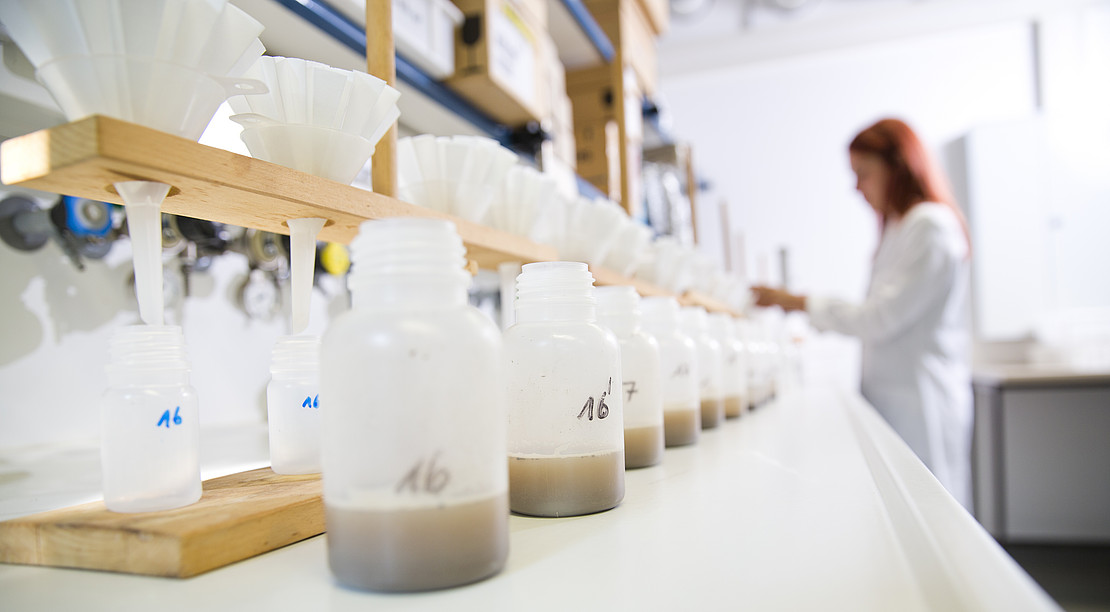This page contains automatically translated content.
Study: Career opportunities remain good with a doctorate
 Image: Sonja Rode.
Image: Sonja Rode.The accompanying study entitled "Karriereentscheidungen und Karriereverläufe Promovierter - zur Multifunktionalität der Promotion" (Career decisions and career paths of doctoral graduates - on the multifunctionality of the doctorate) takes a look at career paths and the professional situation after the doctorate and provides numerous detailed findings, e.g. on the assumption of leadership positions, on income and on remaining in the science system. A special feature of the accompanying study is that it incorporates different data bases with the graduate studies, the doctoral panel of the DZHW and the IAB-INCHER project on acquired doctoral degrees. This makes it possible to analyze the career decisions and career trajectories of doctoral graduates before, during, and after earning a doctorate in Germany.
"The results suggest that for doctoral graduates, the year of graduation and the period immediately after are often associated with a variety of career changes," explains Johannes König, a researcher at INCHER-Kassel. "Although many doctoral graduates switch from a part-time to a full-time position during this period and achieve significant income increases, these changes are often also associated with a sectoral reorientation toward the private sector," comments Johannes König. Many doctoral graduates are employed outside academia and research after earning their doctorate. Only one in five to six doctoral graduates works in the science system in the long term. "A doctorate thus not only paves the way for a university career, but also offers good employment prospects in other fields," says Kolja Briedis, project manager at DZHW. Whether doctoral graduates remain in the science system permanently depends on both the doctoral subject and the general conditions during the doctorate. Doctoral graduates who had a doctoral position as a research assistant are more likely to continue working in higher education and research institutions later on than those who earned their doctorate with the help of a scholarship or without closer ties to the university - for example, part-time. "Doctoral graduates with a better doctoral grade are also more likely to remain in the science system. In addition, a positive correlation can be found between participation in conferences and meetings and remaining in the science system. So there are several factors that influence whether people continue a scientific career after earning their doctorate - or not," explains Kolja Briedis.
Very few doctoral graduates are unemployed shortly after completing their doctorate (one to two percent). Unemployment remains at this low level in the years that follow. In addition, doctoral graduates earn significantly more on average than non doctoral graduates. "Ten years after graduation, the differences in annual incomes between doctoral and non-doctoral academics range from 13,000 to more than 20,000 euros, depending on the discipline and employment sector. Moreover, doctoral graduates also reach management positions more frequently than non doctoral graduates," explains Kolja Briedis. Overall, the study paints a positive picture of the employment of doctoral graduates, especially outside the science system.
The accompanying study and the Federal Report on Young Academics 2021 are available at: https://www.buwin.de/
Contact:
Dr. Johannes König
University of Kassel
INCHER-Kassel
Tel.: 0561 804-2709
E-mail: koenig[at]uni-kassel[dot]de